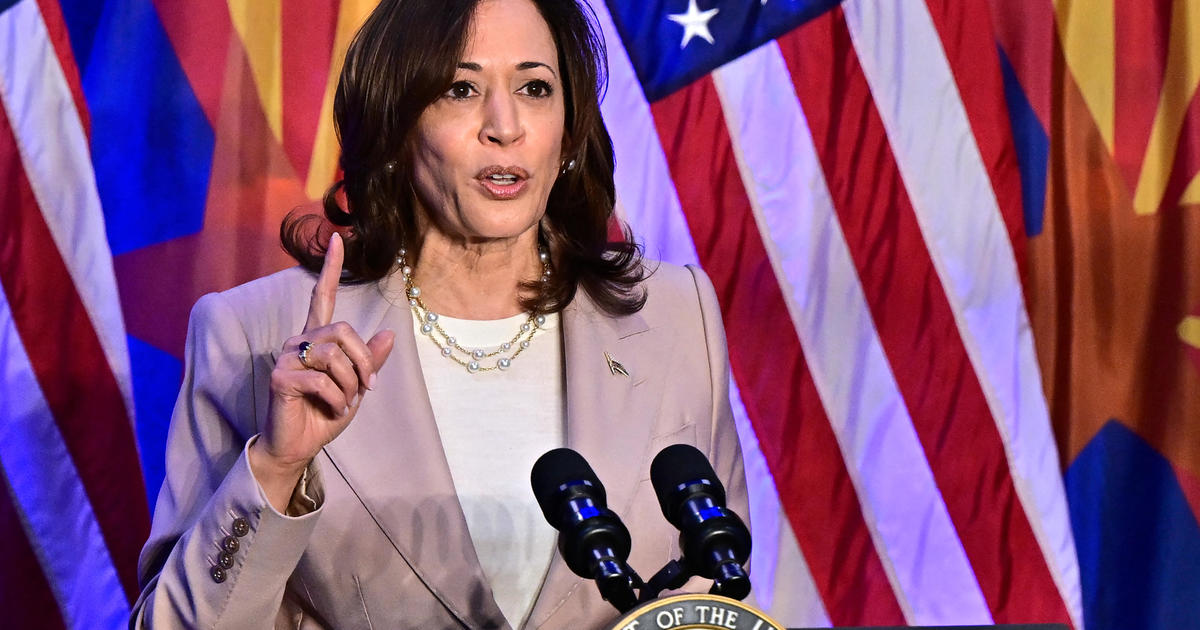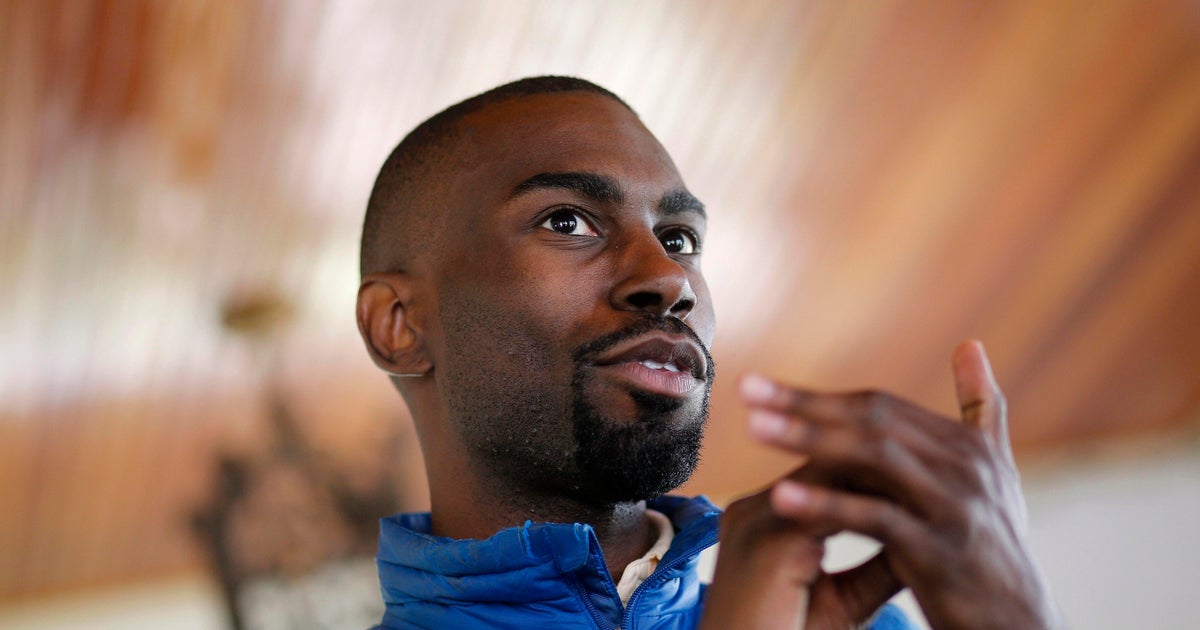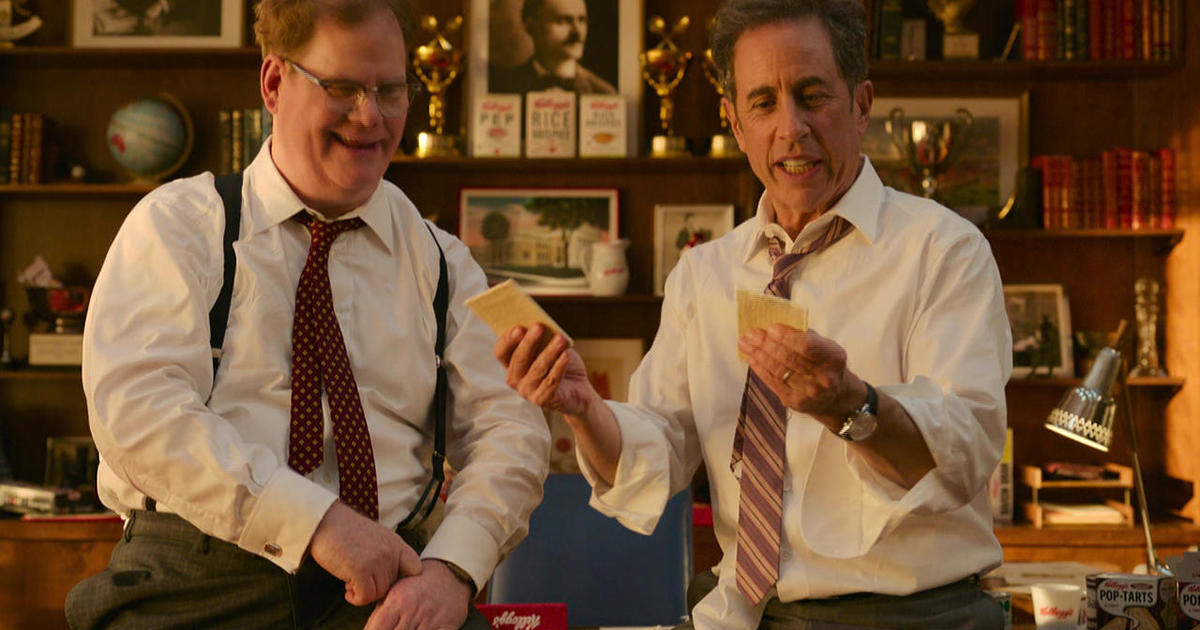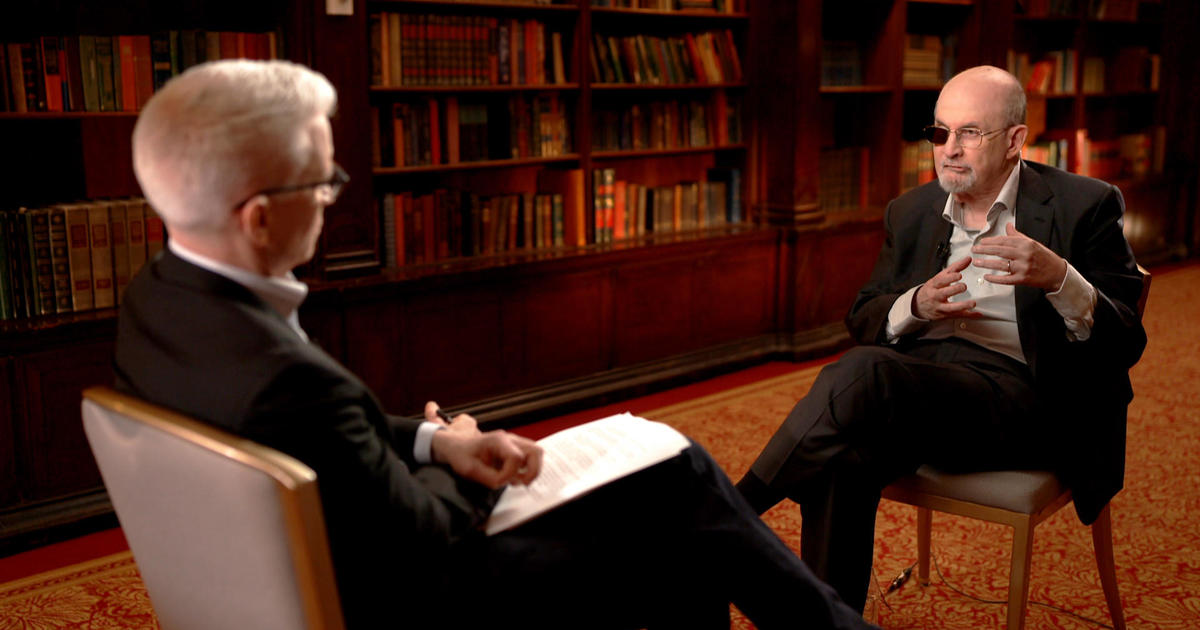Jane Roe of "Roe v. Wade" said she was paid by anti-abortion rights groups to support their movement
Norma McCorvey — otherwise known as "Jane Roe" of Roe v. Wade, the landmark Supreme Court case that legalized abortion in the United States — said before her death that she was paid by anti-abortion rights groups to later oppose abortion. McCorvey made the stunning revelation in the forthcoming documentary "AKA Jane Roe," set to premiere Friday on FX.
In an excerpt of the documentary reviewed by CBS News, McCorvey told director Nick Sweeney: "I was the big fish."
"I think it was a mutual thing," she added. "I took their money and they'd put me out in front of the cameras and tell me what to say. That's what I'd say."
Sweeney then asked, "It was all an act?" To which McCorvey replied: "Yeah, I did it well too. I am a good actress — of course I'm not acting now."
McCorvey, the face of the abortion-rights movement at the time, came out against abortion in 1995 after purportedly finding religion at the hands of an evangelical minister. She went on to publicly participate in anti-abortion rights protests for the next two decades, and even published a memoir in 1998 explaining her decision to change sides.
"I'm on what I call the right side of the movement now, because I'm fighting for life, instead of death," she once told an interviewer, according to "CBS Sunday Morning." When asked if she thought Roe v. Wade would be overturned, she replied, "Yes, I hope so."
Her decision was national news at the time, and marked a major victory for the anti-abortion rights movement. Now, what she called her "deathbed confession" — McCorvey died soon after her conversations with Sweeney — has upended the narrative once again.
Access to abortion is still a heated issue nearly 50 years after it became law. At least eight states have restricted abortion as part of directives banning "non-essential" medical procedures during the coronavirus pandemic. In Texas, where Roe v. Wade began, all of the state's abortion providers were forced to stop offering services for more than four weeks. It marked the first time a state has banned legal abortion since Roe v. Wade.
In a series of interviews with McCorvey and those who shaped her life, the documentary paints a complicated life story marked by abuse and manipulation. In the official trailer for the documentary, McCorvey recalled an impoverished and rough childhood, in which she was told her homosexuality was "dirty." McCorvey married at 16, but said she was abused by her husband after telling him she was pregnant.
"It was 1969, I was pregnant and I was scared. These two attorneys were looking for a plaintiff to help overturn the Texas abortion laws," she said, explaining how she became involved in what would eventually become Roe v. Wade. Ironically, she herself never had an abortion, and instead gave up her children for adoption.
As part of her interview with Sweeney, McCorvey set the record straight about her opinion of abortion: "If a young woman wants to have an abortion, fine. You know, that's no skin off my a**. You know that's why they call it choice, it's your choice."



